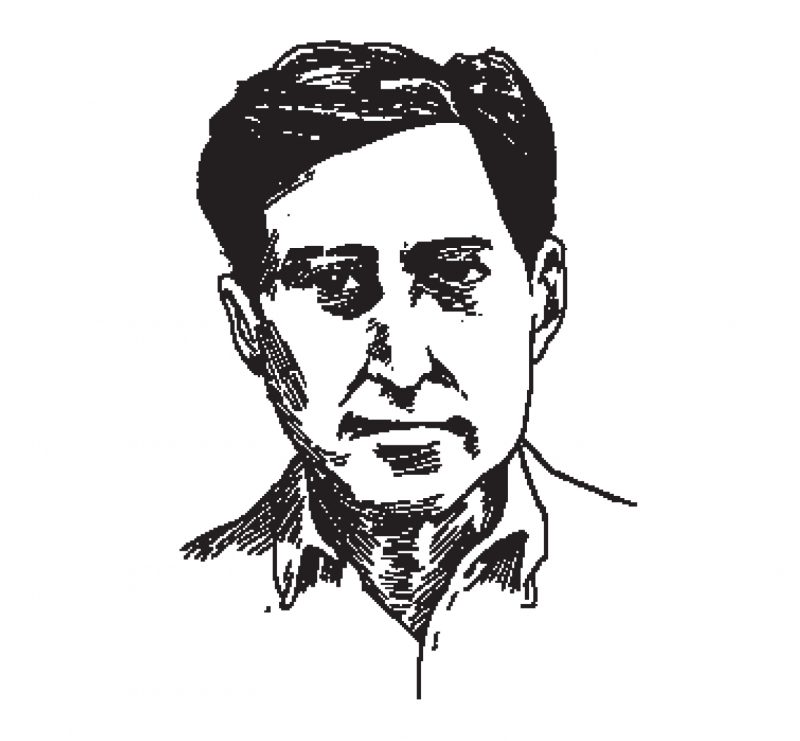As a youth in the Kansas City suburbs, Thomas Frank toted around a copy of the Constitution; he considered it and the Bible the “shop manuals to the human condition.” Enthralled by Reagan-style idealism, he believed that business and enterprise should be allowed to roam free, unhampered and untended. What finally shook his rosy view was, he says with characteristically deadpan reasoning, “experience with the real world.”
Frank, who could write a memoir entitled, naturally, I Was a Teenage Conservative, is now one of the fiercest critics of the culture of business and the politics that enable and aid the reproachful whims of the free market. Dissatisfied with the postmodern and deconstructionist approaches favored in the late ’80s, Frank and friend Keith White started the Baffler, a Chicago-based magazine that has consistently featured the most inerrant and saucy critiques of commerce and culture, and has released two anthologies of its best efforts, Commodify Your Dissent (1997) and Boob Jubilee (2003). A proving ground for Frank and several other preeminent muckrakers, the Baffler is a kind of throwback to the vigor and brio of early-twentieth-century intellectual sparring.
His first book, The Conquest of Cool (1997) took on the lasting progenitors of the counterculture critique—the consumer advertising industry. Praised for its spirit and refreshingly plainspoken approach, it examined ’60s-era ads from companies such as Oldsmobile, El Al Airlines, and Booth’s Gin, and their manipulative tactics of conjuring counterculture terminology to hock wares. Widely reviewed and commended, Frank followed it up with One Market under God (2000). Challenging the belief that free markets are inherently democratic, Frank also tackled the giddy rhetoric of the New Economy and the pervasive cultural notion that capitalism is commutable with religion. This prolific work catapulted Frank to new heights and set the stage for his latest volume.
What’s the Matter with Kansas? How Conservatives Won the Heart of America manages to weave many of Frank’s previous theories regarding capitalism and rampant free markets into an analysis of the current political landscape. In his most directly vital critique yet, Frank uses Kansas as a case study of the nation’s thriving conservative movement. How did one of the most liberal states in the union, home to radical socialists like Eugene Debs, become one of the most rigidly conservative? Over the course of two phone conversations, Frank, with infectious enthusiasm, tried to answer this question. He spoke from his home in Washington, DC, where he recently moved from Chicago to cover the belly of the beast for Harper’s. “There are some things I really like about it,” Frank said of his adopted city,...
You have reached your article limit
Sign up for a digital subscription and continue reading all new issues, plus our entire archives, for just $1.50/month.
Already a subscriber? Sign in





